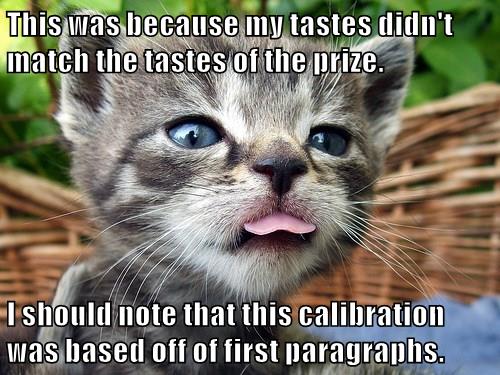











 You can read an article about it over on Electric Literature.
You can read an article about it over on Electric Literature. 





1. Kamala Puligandla (fiction editor of issue 4– she’s reading right now!)
Kamala had a meeting with a “mentor” at a workshop. Kamala is queer and her book had queer women in it. The mentor had concerns about this:  (he really asked that)
(he really asked that)  He also told her:
He also told her: 


 Kamala says:
Kamala says: 
 FYI she read that lesbian romance series that the mentor was referring to. Those books were straight up romance– very different from the book she is writing.
FYI she read that lesbian romance series that the mentor was referring to. Those books were straight up romance– very different from the book she is writing. 
2. Eric Boyd (fiction editor issue 3)


 (It was about Pittsburgh, remember?) Eric goes on to say:
(It was about Pittsburgh, remember?) Eric goes on to say: 
3. Maisha Z. Johnson (Issue 2 Poetry editor)
Maisha was once part of a writing group whose members were mostly white and straight. She kept getting the same feedback: 
 She was also
She was also  Initially she thought
Initially she thought 
 The more she scaled back, the more she followed their advice, the more their request stayed the same.
The more she scaled back, the more she followed their advice, the more their request stayed the same. 

“I also remember being confused about this because the most skillful, inspiring writers I knew of – people like Audre Lorde, June Jordan, Lucille Clifton, Nikki Giovanni – all wrote what would’ve been considered, by these standards, to be ‘overtly political.’ And I think that helped me realize this wasn’t a standard to measure my truth by – because there was no way anyone could say that these prolific Black women writers had ‘poor literary merit.'”
 On Political Poetry at The Poetry Foundation and on Women and the Global Imagination at Prairie Schooner. On May 27th, get ready for the release of issue 3 edited by Ashley C. Ford, Eric Boyd, and Michelle Peñaloza. The issue holds a profound number of writers that you need to know, whose names you’ll hopefully know from now on.
On Political Poetry at The Poetry Foundation and on Women and the Global Imagination at Prairie Schooner. On May 27th, get ready for the release of issue 3 edited by Ashley C. Ford, Eric Boyd, and Michelle Peñaloza. The issue holds a profound number of writers that you need to know, whose names you’ll hopefully know from now on. 